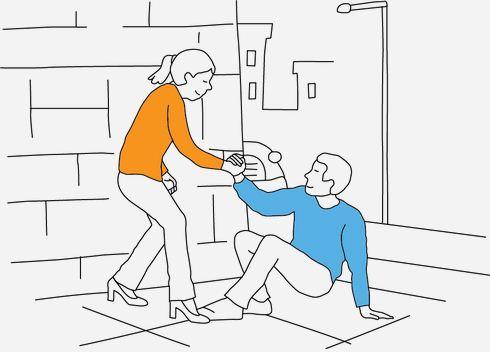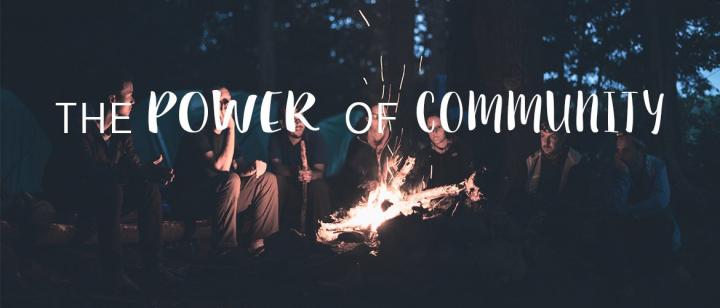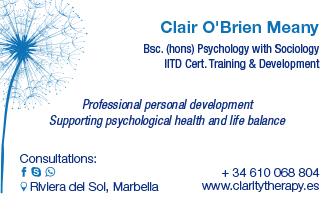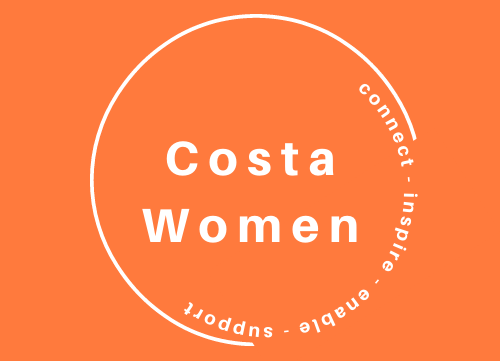

The reaction on Facebook was immediate with people sharing the ‘lost item’ post. People gave words of support and encouragement and offered to help. Here is the good news, the ring, the dog and the wallet were all handed in and returned to their relieved owners.
Altruism is the word that means to do nice things for other people. Studies show that altruistic acts are inherent in us humans, we have inherent caring for one another.
I am not saying that inherent caring reflects all of a person or society. I am discussing here this positive aspect of humanity and why it is so important to be aware of it.
My three examples are a personal sample within a short time period where acts of kindness from strangers struck me.
That wallet was lost in a supermarket, the gold wedding band was lost at a concert. The dog was found by a stranger who brought it to a vet where it was reunited with its owner, the next day! This stranger kept the dog overnight. Such acts of kindness!
Supermarkets, concerts and the like are anonymous almost, people in the supermarket you typically don’t know. Yet if you lost something valuable, many of us, even though we are strangers, will find a way to return it to you. My stories prove it x 3!
Psychologically it is good for us to know and to feel stories like this. Sometimes we have to look for positive stories like this as the local paper and social media can voice more concerns than praises for what goes on in society.
I wrote the word ‘feel’ in the sentence above, on purpose, as what you feel can be different from what is factually true. We feel the stories we read. What we read and report on social media has an impact on our sense of our community & our world.
I saw a study recently how people were statistically a lot safer in fact in their community than what they felt. Their risk level for being a victim of crime statistically was very low, though perhaps they felt less safe. There is a link to a Swedish economists article in the http link below that you may well find very interesting on this topic.
We don’t see news articles with a headline ‘99.9% of the population had no major incident yesterday.’ Not only is it good for your own mental and heart health to be balanced with your attitude about people & society, but it is also good for the wider community of people connected to you. Whether on social media or face to face, you are still part of that community. What you say matters as it affects not only you but others around you.
I mentioned mental and heart health above in terms of its relation to peoples attitude & perspective. I did that for good reason and it’s fascinating why.
No longer hidden information, there is an amazing study of hate and angry language use on Twitter. The study shows that the communities with a lot of hate and angry word usage had higher heart disease rates. Not only that, this study was so amazing that it found it predicted heart disease occurring in that community better than statistics used by the CDC (USA Centre for Disease Control). The links to that are within the http link below, makes for fascinating reading!
This article is a shortened version of a piece I wrote in my website blog here is the link.http://www.claritytherapy.es/blog/category/kindness-in-society


www.claritytherapy.es – Website Facebook – Facebook Clarity Therapy on Twitter – Twitter

